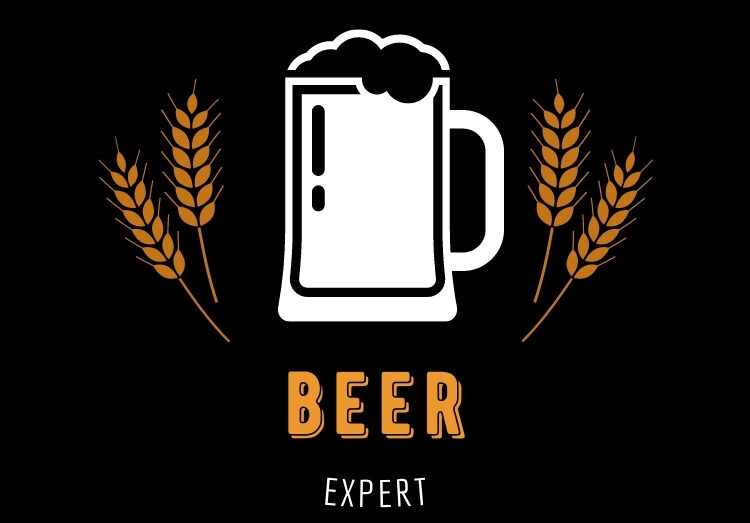Beer is credited with a plethora of health and social problems, ranging from morning headaches to alcoholism, to liver and heart problems, mental health problems, to noise, anti-social behaviour and street violence.
When you compare this to the civilized and civilizing reputation of wine, we may wonder if there is any benefit to drinking beer at all. In truth, however, there is nothing to say that beer is in any way more dangerous than any other alcoholic drink is treated with respect.
One or two units of beer a day can, in fact, help to reduce diseases in just the same way that an occasional glass of wine can, whilst the fattening effect of beer is an apparent fallacy when compared to wine, which in fact contains more cholesterol than beer, as do liqueurs and spirits!
All Things in Moderation
Government guidelines point out that we should drink no more than one to two beers a day, and that we should try and have 2-4 days drink-free a week. This seems wise, although we must caution that these are only guidelines and that for some people this much alcohol will be too much, whilst for others, a lot more beer could be no bad thing: you will have to know your own limits, and if you think you are drinking too much regularly the government guidelines are there to help.
A useful adage with regard to beer and health is the age old ‘all things in moderation’. It must be noted that such an ethos does stipulate that even sobriety be treated moderately – a good session with the right beer can help one to unwind now and again. Do be sure, however, not to become a regular ‘binge drinker’.
Drinking and Anti-Social Behaviour
It hasn’t escaped many peoples attention (those that drink, and are old enough to care about their health, anyhow) that the government safe drinking guidelines entail drinking so little as to make a near tee-total of all of us.
Far from us at Beer Expert to challenge the wisdom of these guidelines – no, no, no – we wish simply to address the idea that drinking beyond these guidelines does not necessarily entail the drinker becoming aggressive, antisocial, noisy and a general nuisance.
Alcohol related crime is a social issue, to be certain, but this is generally not something associated with drinkers of quality real ale: those drinks associated with the ‘binge drinking’ culture and with the health problems it causes (most often accidental or deliberate injury, mental health problems and, later, alcoholism) are generally those mass produced by the drinks industry for no other benefit than their own financial profit.
If the image of beer as being central to high incidences of alcoholism and anti social behaviour is to be redressed, and if we are to realign beer as no more or less dangerous than its chief counterpart – wine – then real ale (quality crafted beer) must be promoted as a drink to be savoured and enjoyed in contrast to the multifarious cheap lagers which are associated with drunkenness.
Summary
In short beer can be part of a healthy diet, even more so than wine or other alcoholic drinks. Beer dunk in moderation (most of the time!) can be a useful means to relax, whilst reducing cholesterol.
